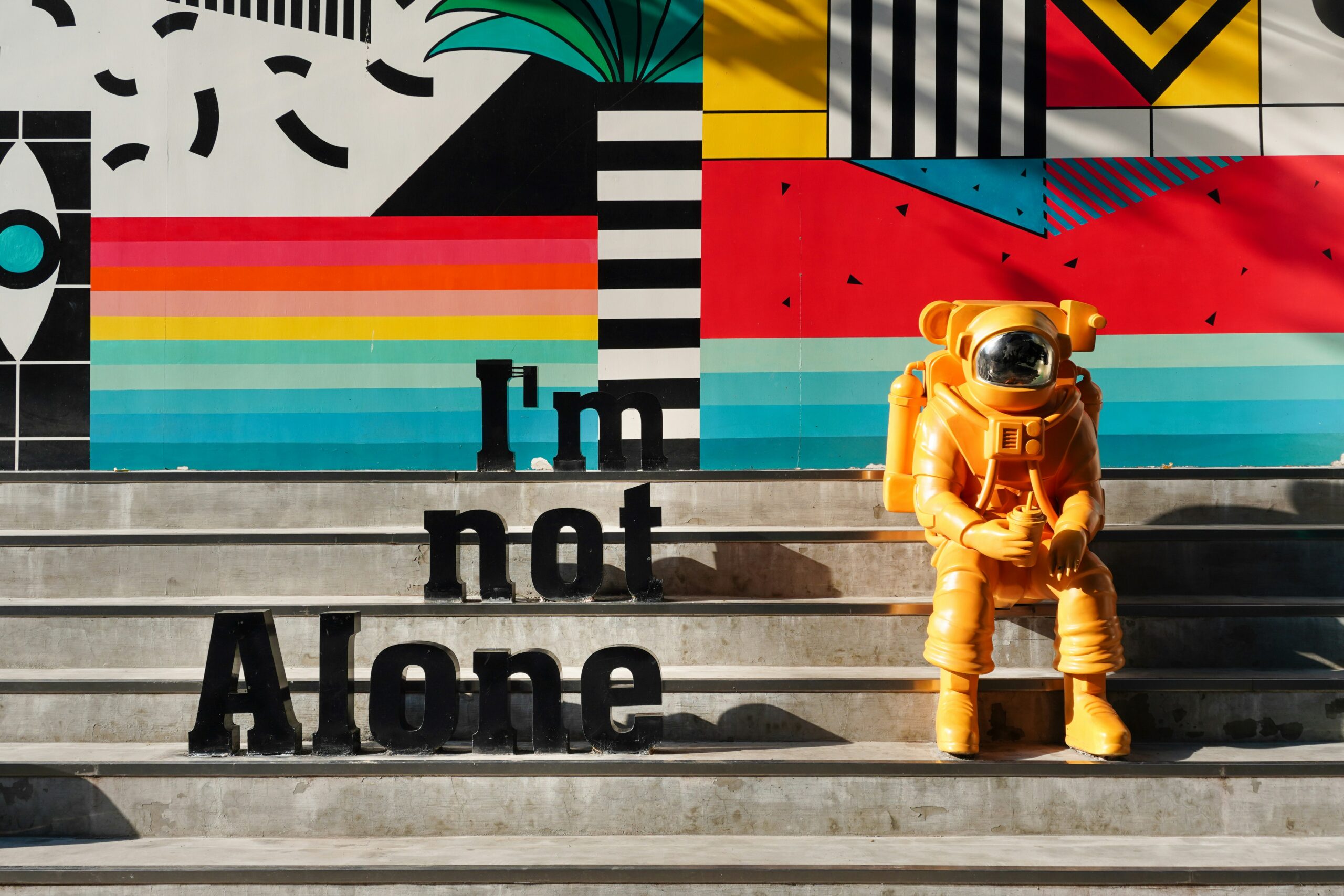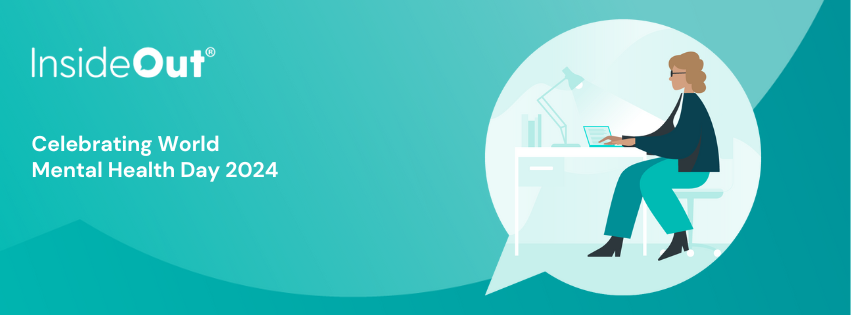Managing the anxiety that these uncertain times brings isn’t easy. Being forced to stay inside might sound like an introvert’s dream come true, but given the situation and that everyone is panicking, it’s far from a fun and relaxing time for anyone.
If you’re feeling low and anxious due to isolation or drastic lifestyle changes, don’t worry it’s absolutely normal. Here are a few simple tips to maintain good mental health in the time of COVID-19. For starters let’s give ourselves some credit, we’re here and we’re coping thus far. Let’s take a few deep breaths and make space for some self-compassion. Then let’s brace ourselves for what will be a time filled with challenges and possibly also great learning.
1. identify your stress triggers – this is key when dealing with the unknown and the anxiety that can come from it. Working out what stresses you out can help you anticipate problems and think of ways to solve them. Even if you can’t avoid these situations, being prepared can help you cope with them better. Keep a log of when you feel stressed or overwhelmed and what the situation was at that time. Once you know what is causing the stress you can make a plan to deal with it. Think of why certain things cause you stress and notice any recurring thoughts that trigger a stress response.
2. be aware of the effects of isolation – not being able to socialise as before and connect to people around you as much as you’d like is threatening our basic human nature. As humans we are social beings and isolation can be extremely detrimental for our wellbeing. To combat isolation call your friends, FaceTime, Skype them, rant, gossip, laugh! Engage with colleagues on non-work related topics on Slack, video calls, etc. Call your family and friends with some regularity — you’ll probably need it, and so will they.
3. build emotional resilience – create space in your routine for down time. Try to foster a balanced lifestyle and make time for activities you enjoy doing as much as possible. Get creative and use this time as an opportunity to do all those things that you’ve always said you needed more time to do. Here are just a few ideas: getting through your reading list, painting, trying out new recipes, taking online courses and boosting your knowledge and cv, meditate. Practicing mindfulness and meditation can help you gain perspective on issues and help you to feel calm, cool and collected. Regular meditation is proven to reduce stress and boost concentration.
4. organise your time – create (realistic) to-do-lists. Always start with something you’ve already done and cross it out. This will make you feel good! Identify the best time of the day for you to focus on different tasks and use your time effectively. Try not to do too many things at once and remember to schedule in regular breaks. Reward yourself at the end of specific tasks with a pat on the back. Always do your best to keep personal and professional time separate so as to foster work/life balance.
5. finding balance – if you feel that your mental health isn’t in a good place, don’t be ashamed to share with your loved ones and if need be, seek professional help. At InsideOut you can access online therapy and coaching on your phone and iPad. You can find more info here.
Following these tips will help you find ways to cope with challenging situations, whilst replenishing your sense of wellbeing.
Finally, reminding ourselves that we can all do something to reduce the possibility of contagion can also support our sense of control in such times.
For extra info on the Coronavirus you can contact or read:
NHS 111 online coronavirus service NHS 111 Online – What to do coronavirus (COVID-19)
NHS Coronavirus advice for travellers
Government Action Plan
Author: Sarah Speziali, Chief Therapist at InsideOut
Insta: @lettheinsideout






